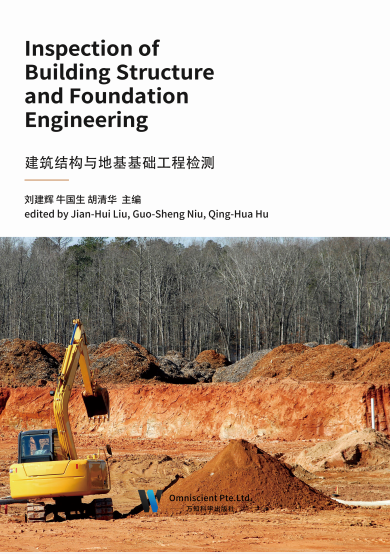
随着经济水平和科技水平的提升,我国国民生活水平逐步迈向现代化。人们 对于住宅质量和生活质量的要求日益提高,房屋建筑工程的工程质量也受到了广 泛关注。房屋建筑工程的工期都比较长,建筑要求也都比较高。房屋建筑的地基 工程作为整个房屋建筑的基础和前提,施工单位必须对地基基础工程重点维护, 不断提升施工水平,加强对地基基础工程的质量控制工作,以便房屋建筑工程的 质量得到保障。
房屋建筑的地基基础工程的勘测是建设地基基础的首要工作,要在施工建设之 前对用地的建设方案、建设图纸等相关资料进行分析,从而能够对地基工程的工程 建设量、建设方式、建设规模有更深刻的了解。对地基建设现场进行现场考察和勘 测之后形成系统性、科学性、完整性的建设方案,从而可以保证在地基建设方面对 地基埋置深度及其他要求精确数据性的内容进行有效控制。地基现场的地质类型也 是需要重点勘测的一部分。对于地质类型、地质稳定性、地质要求及其他有可能影 响地质稳定程度的物理介质进行全面地分析了解,从而确定物理介质对地基稳定程 度的影响,根据相应的勘测,制定出合理的应对方案和处理举措。
本书先从土的工程开始讲述,紧接着转入对地基基础的详细说明,最终以案例 来具体阐述实际内容,希望为有需要查阅该方面资料的读者提供可参考的内容
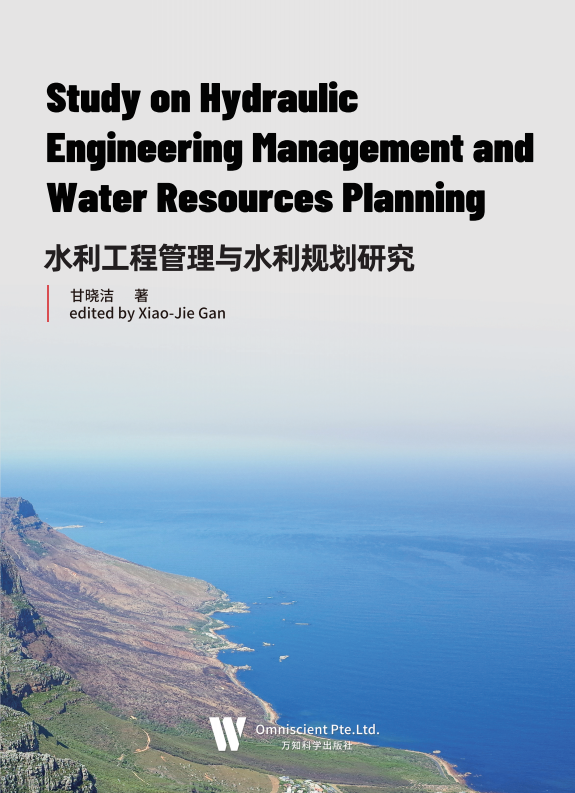
水利工程的不断发展,为我国南方和北方的水源利用与使用带来了巨大的便利,同时也为经济科技的发展奠定了坚实的基础。在水利工程发展的过程中,避免不了会对水土产生一定的影响,而随着我国可持续发展战略的不断深入,水土保持是我们面临的巨大问题。如何将水利工程管理与水土保持规划在不影响发展的前提 下,进行有机的结合与有效的平衡,使得水利工程得到更大发展的同时水土保持能够得到更大的重视。
水利规划工作是水利工作的基础和龙头,做好水利规划工作事关水利事业发展的全局。在新形势下,水利要向现代化的目标迈进,适应国民经济加速发展的需要,必须做好水利规划工作。随着经济社会的发展以及工情、水情的改变,与以往水利规划相比,新时期的水利规划面临许多新问题、新情况。开展新时期的水利规划工作必须拓宽思路,适应发展,改进方法,注重实效。
水利工程的可持续发展能够促进社会经济的可持续发展,为此,必须将水土保持工作做好。通过该项工作的开展,可以降低各种自然灾害的发生,避免发生严重的水土流失,并且有助于保护当地的自然生态环境,提高环境质量,能够对地区水利工程的质量进行科学改善,确保可以更好地发挥水利工程的效果,从而有助于促进当地经济的可持续发展。
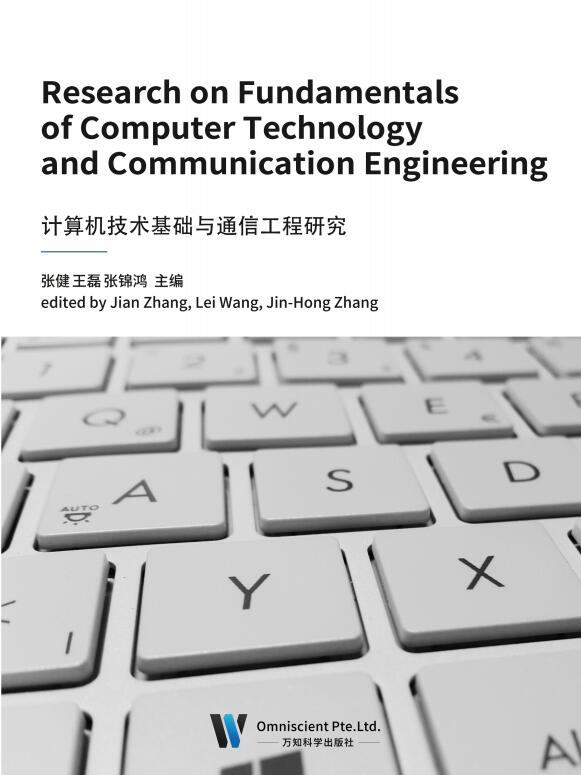
通信技术与计算机技术的创新与发展是时代推进的必然趋势。目前,在应用过 程中,二者之间有着密切的联系,计算机技术的进步发展需要通信技术的支持,通 信技术的革新亦不可能脱离计算机技术,两者融合便产生了网络通信技术,也是制 造我们所使用的智能手机所要依靠的技术基础。
科技的进步改变了人们的生活,推动了经济的快速发展。在当下的生产生活当 中,通信与计算机已经成为人们生活中不可或缺的一部分,人们对科技和计算机的 依赖也越来越大。为了推动我国科技的不断发展,满足人们更加优质的生活需求, 在各种高科技之间进行了强强联合,譬如说通信技术与计算机技术,通过通信技术 与计算机技术改变人们的生活,推动科技社会的进一步发展。所以说,计算机技术 与通信技术对我国经济社会的发展产生了深远的影响,有必要对通信技术与计算机 技术进行高度融合,从而推动更多先进技术的发展。
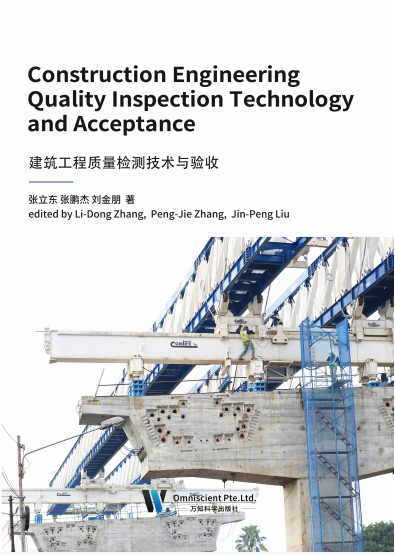
当今社会,人民的生活水平日益提高,质量意识显著增强。建筑业关系国计民 生,同时近年来建筑质量问题层出不穷,负面影响日益凸显,因此建筑工程的质量 问题越来越为人们所关注。建筑工程质量检测方法的科学性及检测数据的真实性、 有效性,一方面会影响相关机构对建筑工程的评价,另一方面会涉及建筑工程的整 个施工过程。
建筑工程施工项目在我国有了长足的发展,但是其中也不乏诸多质量问题的出 现,“豆腐渣”工程将会给人们的生命财产带来极大的危害,所以我们必须要对建 材进行有效地检测,按照科学检测规则,一步一个脚印地做好检测工作,减小危机 出现的概率,真正为建筑事业献出我们的一份力。
随着社会的不断发展,我国的工程建设也得到迅猛发展,在这些工程的建设和 使用过程中,难免会出现一些工程质量上的问题。有关方面对这些质量问题进行分 析,原因可能是多方的:原材料本身存在质量问题,施工检测或测试方法不够准确 等。工程质量检测工作不仅是工程质量监督的重要手段,也是控制工程质量的重要 技术保证。对于建筑材料在进场前、进场时、进场后的质量控制,是帮助我们减少 建材出现质量问题的重要办法。我们更要关注建材检测的相关技术内容,时刻不忘 建材的整体质量与检测效果,发现问题,及时处理,尽早解决更多的问题,让建筑 工程能够在绝对安全稳定的环境下进行施工,为国家的建筑事业安全运行保驾护航
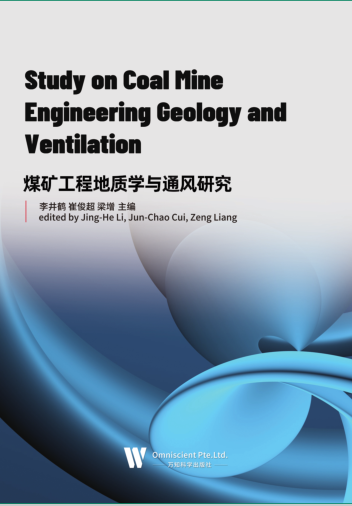
在社会快速发展的背景下,我国经济水平显著提升,人口数量也逐渐增多。当
前人们更加注重追求优质的生活条件,所以对煤炭量的需求呈现出提升趋势,所以
煤矿工程应注重创新发展,积极地采用现代化、专业化、智能化采矿技术,并始终
关注安全管理工作,以此来满足市场需求。现阶段,我国煤炭企业要想提升企业的
效益,需要在煤炭开采过程中保证煤炭开采工作的安全、效率,节约开采成本。但
是,在实际的煤矿开采的工作中,水文地质、环境地质以及施工条件的方面的因素
都可能会影响到煤矿开采工作的正常运行。因此,煤矿企业需要对不同的地质条件
及相关要求进行相应的方案制定,进而减少施工安全事故发生的可能性。
本书分为九个章节,对煤矿工程中地质勘察、矿井通风等进行了详细的分析与
阐述,发现其中存在的各种问题,并提出了相应的建议、措施和方法,从而为中国
采矿行业发展贡献一份力量。